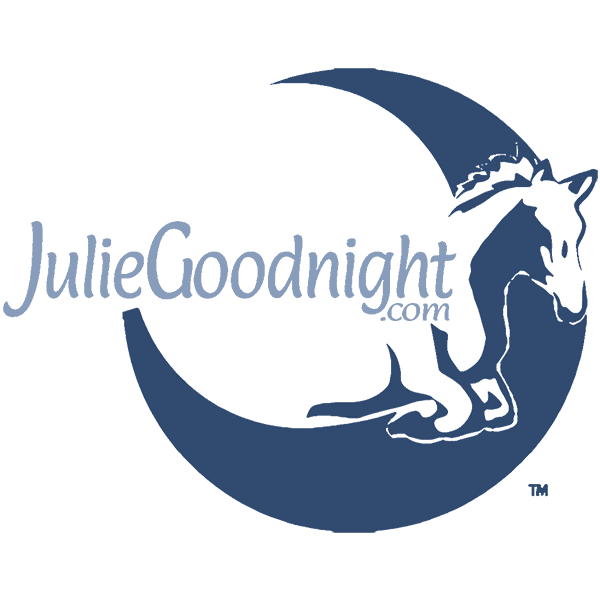My Horse Master TV show started airing in England and Ireland on RFD-TV’s cousin, Rural TV. They are opening with the popular surf episode where I train a warm-blood to go into the surf—it was an exciting and wet ride. As I read the European press releases about the show, I was reminded again how horse people everywhere have the same issues, but how the terminology varies, depending on which side of the pond you are on. At best, terminology in horsemanship is illusive and seldom defined; added to that, a language barrier and different terms for the same things and sometimes we are left wondering what meanings apply, yet we are all dealing with the same issues.
For instance, in the UK, you don’t put a horse in a trailer for transport, like you do here in the US; you put him in a horsebox. I think for the most part, if you substitute the word trailer for box– trailering (which my spell check constantly reminds me is not really a word) for boxing– you’ll get the gist. Although I noticed whilst in the UK that most horses are transported in vans specifically designed for horses, here in the US we most often use tow-behind horse trailers of spacious design, while in Europe there is much more consideration to narrow roads and limited space.
“Backing” a horse in the EU has different meaning than here in the US. While we still use the archaic term “breaking” to mean starting a horse under saddle and “backing” to mean that the horse steps backward on command; over the pond “backing” means to start a colt under saddle (and I doubt they use the word “colt” to refer to all young and uneducated horses). I hate the term “breaking” but I find myself using it a lot because everyone knows what it means. A “broke” horse is one that is very well-trained and very experienced and can virtually do no wrong—it is an ultimate compliment to a horse. Actually it’s a really weird term we have adopted since the revered “broke” horse is actually one that is extremely fixed and functional.
And then there is the discrepancy over the terms “rug” and “blanket.” On this score, I think we Americans may finally win the award for clarity. In the UK, you put a “rug” on your horse in the winter and it refers to any horse blanket that you might put on your horse—heavy, mid-weight, storm-proof. Here in the US, we refer to them as “blankets,” or sheets—in the case of the light-weight summer coverings.
I am sure there are other fun and interesting examples of differing terminology for the same age-old issues. What other varying terms do you know?
As I’ve said before, horses and horse people are the same no matter where I go. Horses all have the same natural behaviors (with a few extreme and/or deviant examples in-between) and horse people all make the same mistakes and have the same successes. And always, education and awareness can have a huge influence on how successful they are with their horses. I hope that my show playing in the UK and Ireland helps people with the same common problems that people here in the US experience and we welcome the new viewership! Maybe one day, we can tape some episodes of their show ever there!
Enjoy the ride,
Julie
Join Julie’s Library Membership to Access all of the Horse Master Episodes HERE

